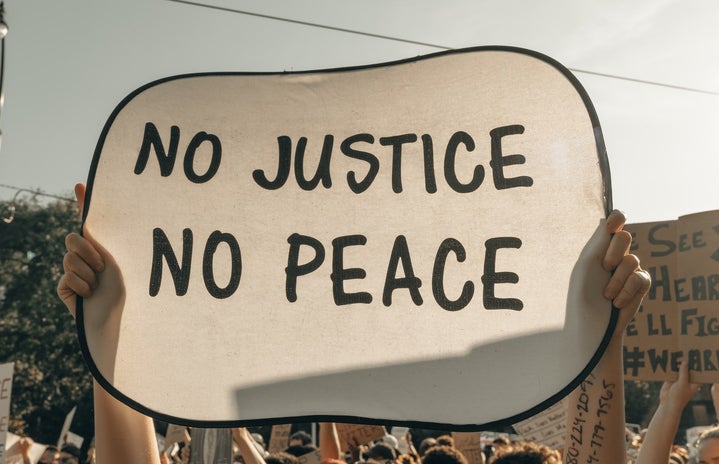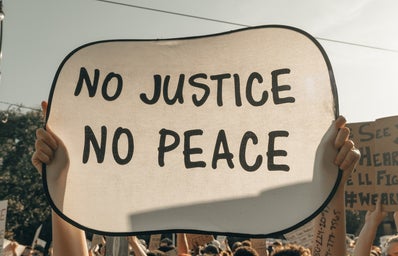Afghanistan, the land of Pashtuns, has been war-torn for longer than the youth of the nation has been alive. Forty-two years of instability and violence has the nation on tenterhooks, barely hanging onto the notion of existence. Yet, it is a remarkable thing to see the resilience and courage of the Afghan population, the way they stand up and live in the face of danger.
It all started back in December 1979 when the Soviet military invaded Afghanistan so as to establish a pro-Soviet government. As one might expect, this wasn’t a peaceful process. A number of resistance forces (known as mujahideen), backed by the U.S. mounted the opposition and the subsequent war between the government and the mujahideen resulted in huge casualties. For years, the United States of America and the Soviet Union used Afghanistan as a battlefield and Afghan people as tools in their own conflict, deeming it an effort towards Afghan liberation. In 1988, Afghanistan, the Soviet Union, the U.S.A., and Pakistan signed the Geneva peace accords, subsequently resulting in the withdrawal of Soviet Forces. Alas, the peace was not long-lasted for Afghans.
The Soviet Union collapsed in 1991 and so did Afghanistan’s pro-communist government. Violence escalated in Kabul as the mujahideen leaders fell into a civil war, which later paved the way for the rise of the Taliban. An ultraconservative student organization hailing from mujahideen groups and extremist religious factions, the Taliban started taking over parts of the country, deeming it to be a means of restoring peace and order but instead imposing their brutal interpretations of Islam on the territories under them. Later, they proceeded to shelter Osama Bin Laden among their ranks as he had helped the mujahideen forces at the time of the Soviet war. In 1997, the Taliban took control over most of the country and imposed Sharia law which restricted the civil rights of the civilians majorly. Women were barred from education and work, men were forced to strictly follow Islam, lest they be punished by beatings, amputations, and public executions. Al-Qaeda then proceeded to attack U.S. embassies in Kenya and Tanzania, after which the United States came back into the playing field and launched cruise missile strikes on Khost in Afghanistan. The Taliban and al-Qaeda were declared as terrorists in 1999 by the UN Security Council. Throughout these years Taliban committed atrocious crimes in the name of religion, blowing up Buddhist statues and declaring preaching Christianity to be a capital offense. When the 9/11 attacks happened, the U.S. government rightfully demanded that Bin Laden be handed over to them, to which the Taliban promptly refused. Because of this refusal, the U.S. forces launched Operation Enduring Freedom which targeted the Taliban and al-Qaeda by the means of military strikes. On November 13, 2001, the Taliban regime got overthrown, and later, International Security Assistance Force (ISAF led by NATO) was established under a U.N. mandate. Elections were held and a government was established.
Once again, there was hope that this will bring an end to the conflict, but yet again things went sour with the resurgence of the Taliban in 2006. NATO took this up under the guise of ISAF and President Obama said that the U.S. forces will leave Afghanistan by the end of 2011. Thus began the gradual shift of control of security operations to Afghan forces. Plans to arrange peace talks with the Taliban were arranged, yet the latter didn’t stop their militant activity. The Afghan forces, aided by NATO continued to fight back for years. Meanwhile, ISIS grew in power and claimed some attacks in Kabul. On February 29, 2020, the U.S. and Taliban signed a peace agreement in Qatar, the terms being that the US withdraws their troops and the Taliban stops attacking Americans. Once again, this peace did not stand.
When the U.S. President announced the withdrawal of troops by 11 September 2021, the Taliban began expanding its reach yet again. First gaining territory in the north, they soon managed to seize control of key cities and provinces. The leader of Afghanistan fled, the government collapsed, and the Taliban took over the country on August 15th. Of course, this led to chaos as people attempted to escape the country seeing it to be descending into yet another era of pain and suffering. Sharia law was declared once again, pushing the country’s development back by decades.
To use the past tense now would be wrong, for the atrocities are happening right now. Women are scared for their lives, 16-year-old girls are being forced into marriages, education and careers are a no-go for them. For four decades, Afghanistan has been exploited by western powers for the sake of their own propagandas. The civilians of the nation have been brutalized in the name of peace, they have paid the price of their lives in blood dripping down from their proud, brown skin. As regular citizens, there’s not much we can do, but we surely can spread the word and make sure people know the terrible crimes that are being committed during our time; to let Afghanistan not fade from our memories, to keep the flame alive. Meanwhile, keep the innocents in your prayers, and hope for absolute, lasting peace in your hearts. Show your solidarity, spread the word.
The opinions expressed in this article are the writer’s own and do not reflect the views of Her Campus.
This article is written by a student writer from the Her Campus at MUJ chapter.


